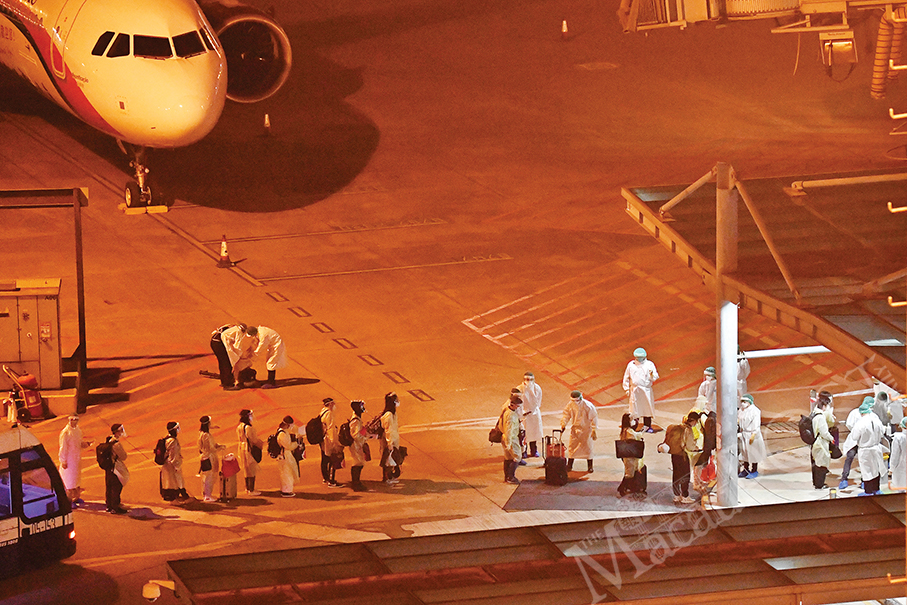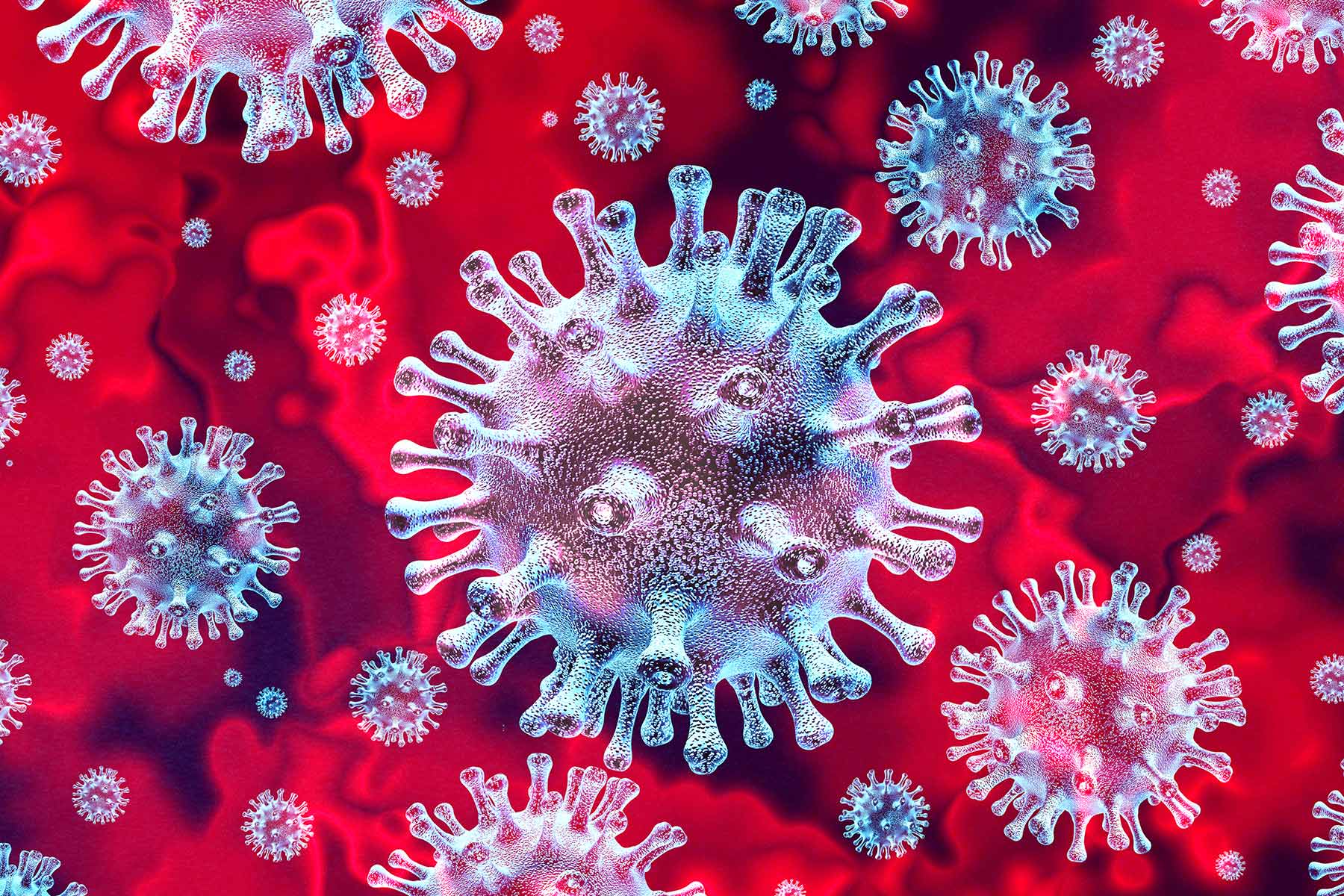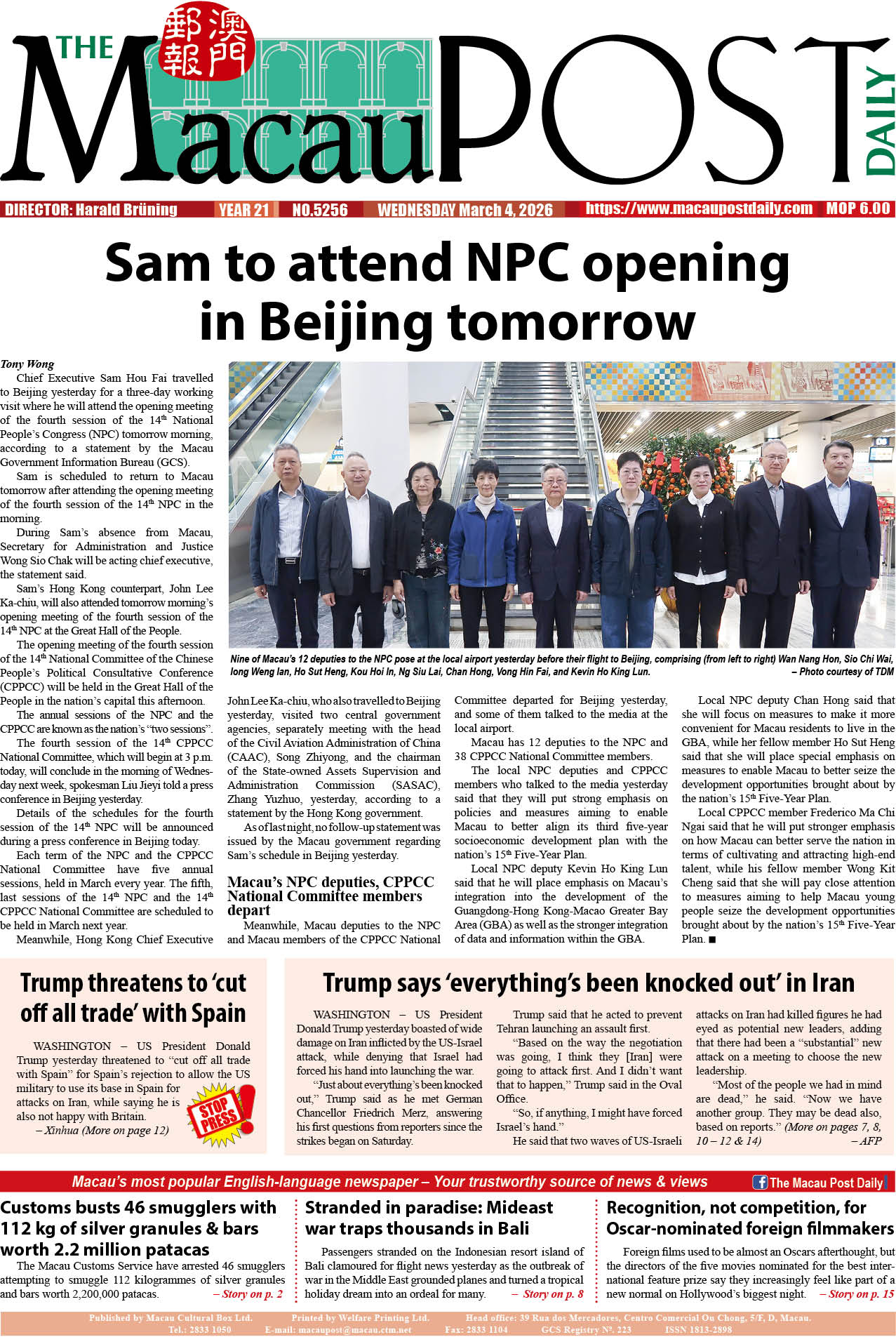The Hong Kong government has told its local counterpart that it is aiming for a bus service between the Macau checkpoint of the Hong-Kong-Zhuhai-Macau Bridge (HZMB) and Hong Kong’s airport to come into service in the middle of next month, Transport Bureau (DSAT) Director Kelvin Lam Hin San said yesterday.
Lam made the remarks while speaking to reporters after chairing a regular meeting of the government-appointed Traffic Consultative Council at his bureau.
Currently, for those choosing to use public transport to the Hong Kong airport from Macau via the delta bridge can use the bus service between the Macau checkpoint and the Hong Kong checkpoint of the bridge, after which they need to take public transport from there to the airport in Chek Lap Kok.
The delta bridge bus service runs around the clock every day.
Lam said that some 660,000 vehicles and over 13.5 million travellers passed through the HZMB Macau checkpoint since the mega-bridge opened in late October last year.
Lam said that as there is still no dedicated passage between the HZMB Hong Kong checkpoint and the restricted area of the Hong Kong airport, those using the upcoming new bus service for a trip from Macau to the Hong Kong airport will have to get off the bus with their luggage when arriving at the HZMB Hong Kong checkpoint, and then re-board the bus to the airport after passing through the HZMB Hong Kong checkpoint.
Restricted vehicular access to Hengqin in 1st phase
Meanwhile, Lam also said that when Macau’s Lotus Flower border checkpoint moves from Cotai to the new Hengqin border checkpoint building in the near future, in the first phase the Lotus Flower Bridge will only be open to cars with a dual Macau-mainland registration plate, Macau-registered cars with a permit to enter Hengqin, shuttle buses connecting the existing Lotus Flower checkpoint and Hengqin checkpoint, local taxis, and local coaches under three years old, with other Macau-registered cars excluded.
Late last month, the Standing Committee of the National People’s Congress (NPC) in Beijing approved a proposal by the State Council to relocate Macau’s Lotus Flower checkpoint from Cotai to Hengqin and to grant the Macau Special Administrative Region (MSAR) jurisdiction over the Macau checkpoint area of the new Hengqin checkpoint.
Macau’s border checkpoint in Cotai is linked to Zhuhai’s border checkpoint in Hengqin via the 1,756-metre long, six-lane Lotus Flower Bridge across a narrow river between the western shore of Cotai and the adjacent island administered by Zhuhai.
The currently still separate Cotai-Hengqin checkpoints came into service in March 2000. A temporary building for the Hengqin checkpoint started operating in December 2014, after which the original checkpoint building was demolished for the ongoing construction of a new border checkpoint-cum-public transport complex, which will also include commercial buildings, in the same area.
According to local media reports, the Macau and Zhuhai governments are aiming for the new Hengqin checkpoint to come into service on or before the 20th anniversary of Macau’s return to the motherland on December 20.
‘One-time release’
A joint Macau-mainland immigration and customs clearance system officially known as “joint inspection and one-time release” will be adopted at the future mainland-Macau joint checkpoint on Hengqin Island.
According to local media reports, the whole Hengqin checkpoint complex is expected to be completed in 2022.
Lam noted that as the construction of the new Hengqin checkpoint complex is still ongoing, only two lanes (one lane in each direction) are currently in use on the Lotus Flower Bridge. Lam said that therefore after the new Hengqin checkpoint comes into use initially, the bridge will not open to other Macau-registered cars. Lam said that this situation was expected to last for a year or so after the new Hengqin checkpoint comes into use, after which the bridge would be open to all the other Macau-registered cars.
Transport Bureau (DSAT) Director Kelvin Lam Hin San speaks to reporters at his bureau yesterday. Photo: Tony Wong









